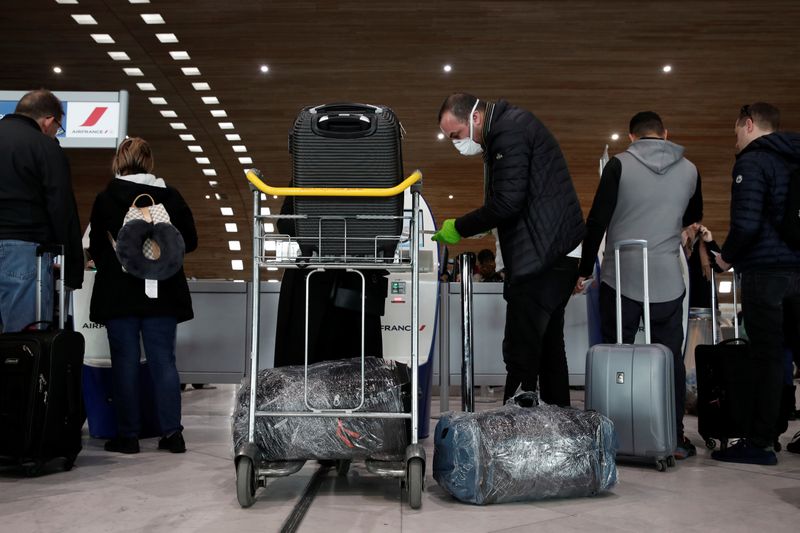BRUSSELS (Reuters) - The European Union (EU) executive on Friday backed keeping curbs on travel to the continent in place for another 30 days until mid-June as part of extraordinary measures to limit the spread of coronavirus but also hurting trade and tourism.
The bloc decided in mid-March to close its external borders for any non-essential travel in a largely failed bid to prevent the 27 member states from closing frontiers inside Europe's control-free travel zone.
The EU's Home Affairs Commissioner Ylva Johansson said this week Europe would have to "go back to the future" of open borders once the pandemic is under control.
But for the time being, at least 17 of the Schengen zone's 26 countries have various travel restrictions in place. The Schengen zone brings together most EU countries as well as Norway, Iceland and others.

"Restrictions on free movement and internal border controls will need to be lifted gradually before we can remove restrictions at the external borders and guarantee access to the EU for non-EU residents for non-essential travel," Johansson said in a statement on Friday.